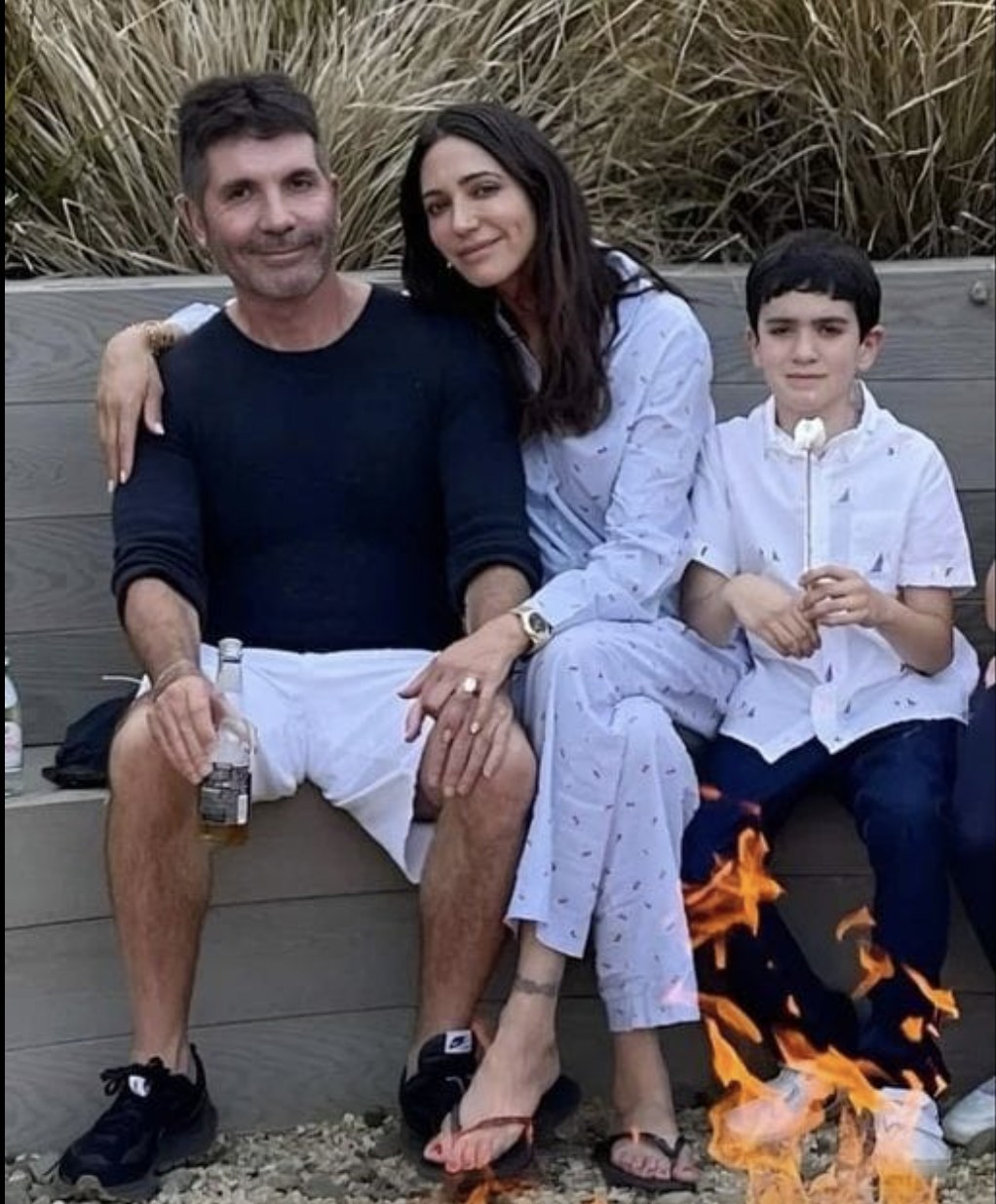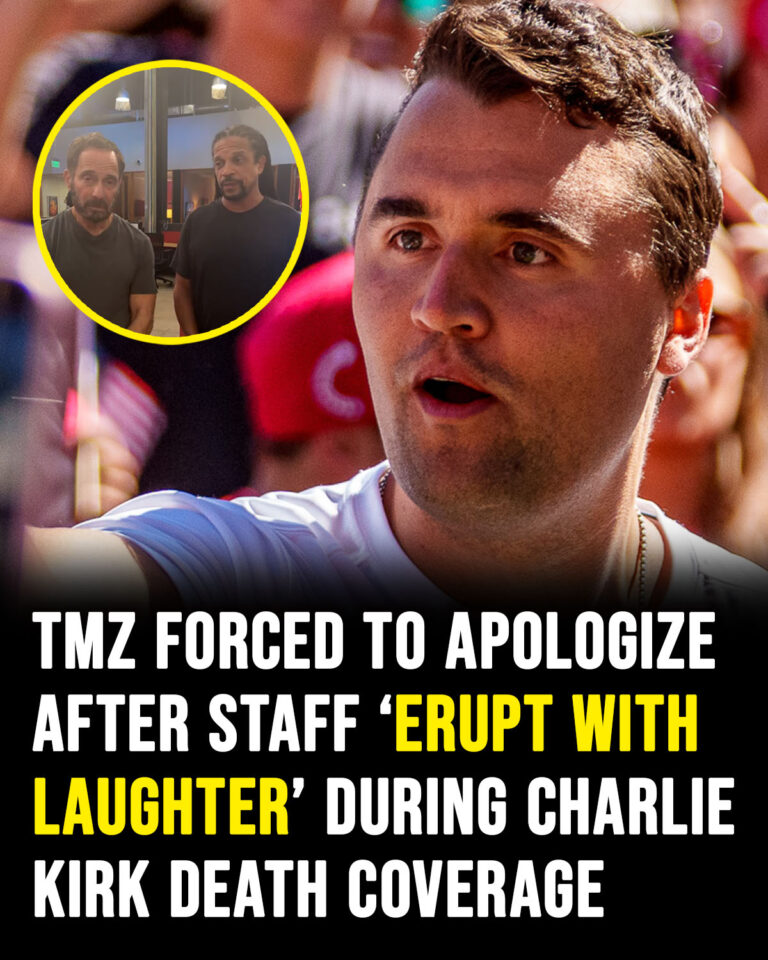
A Modest Start
Simon Cowell began his career as a record company assistant at EMI, thanks to his father’s help. After dropping out of school, he climbed the music industry ladder. Though he initially launched two unsuccessful labels, he didn’t give up. When things fell apart—he lost his home, his Porsche, and his independence—he found comfort in returning home. “I was quite happy, really,” he admitted.
Building an Empire
Cowell rebooted his career with S Records, signing acts like 5ive, Westlife, and Jerome, whose cover of “Unchained Melody” became a hit. Yet it was talent shows that truly skyrocketed his career. In 2001, Cowell and Simon Fuller launched Pop Idol, making Cowell an instant celebrity. The show’s success led to American Idol on Fox, where Cowell’s blunt critiques and catchphrase—”I don’t mean to be rude but…”—became iconic.
Breaking into America
The first American Idol finale, won by Kelly Clarkson, drew over 26 million viewers. Cowell saw an opportunity and released Idol-themed albums, generating massive profits. In just a few years, he became a multimillionaire. Shows like X Factor and America’s Got Talent only expanded his reach and income.
A Fortune in Entertainment
By 2006, Cowell signed lucrative deals and remained a judge on American Idol for five more years. He co-created The X Factor in both the UK and US, while also judging and producing America’s Got Talent and Britain’s Got Talent. His straightforward style—sometimes harsh but always honest—remained a constant.
According to CNN, he earned $36 million in 2008 alone. CelebrityNetWorth reports he made $45 million in 2017, $41 million in 2018, and over $50 million in 2020. His estimated net worth? A staggering $600 million.
Giving Back and Personal Touches
Cowell donates annually to charity. During the COVID-19 pandemic, he gave $1.5 million to Feeding America and Feeding Britain. With his wealth, he bought a Malibu mansion and began focusing on his appearance. Over the years, he tried Botox, thread facelifts, and facials—even a sheep placenta facial. He later admitted to overdoing it and credited his son Eric for helping him scale back.
Becoming a Father
In 2013, Cowell and Lauren Silverman announced they were expecting. Their son Eric was born on Valentine’s Day, 2014. Initially hesitant about fatherhood, Cowell quickly grew to adore Eric, describing him as “the most amazing thing that ever happened to me.” Eric even influenced Cowell to stop using facial fillers.
Health Scares and Recovery
Cowell faced health setbacks too. In 2017, he collapsed due to low blood pressure. Doctors advised him to overhaul his diet—cutting red meat, dairy, and sugar. He lost 60 pounds in a year and kept the weight off even during lockdowns.
In 2020, Cowell suffered a severe back injury after falling off an electric bike. He underwent a six-hour surgery and had a metal rod implanted. Despite doctors’ advice to rest, he began walking just two days later. Today, he walks over 40 miles a week and holds daily business meetings to stay on track.
A Different Kind of Legacy
Despite his massive fortune, Cowell doesn’t plan to leave it to his son. “Your legacy has to be that you gave others a chance,” he said. Instead, he plans to donate his wealth to causes for kids and animals.
Today, Cowell is more than a TV mogul—he’s a family man, philanthropist, and survivor. Through reinvention, resilience, and raw honesty, Simon Cowell has built a legacy that’s as enduring as his catchphrases.
What would you do with $600 million? Share your thoughts—and don’t forget to share this story with fellow fans of Simon Cowell!



